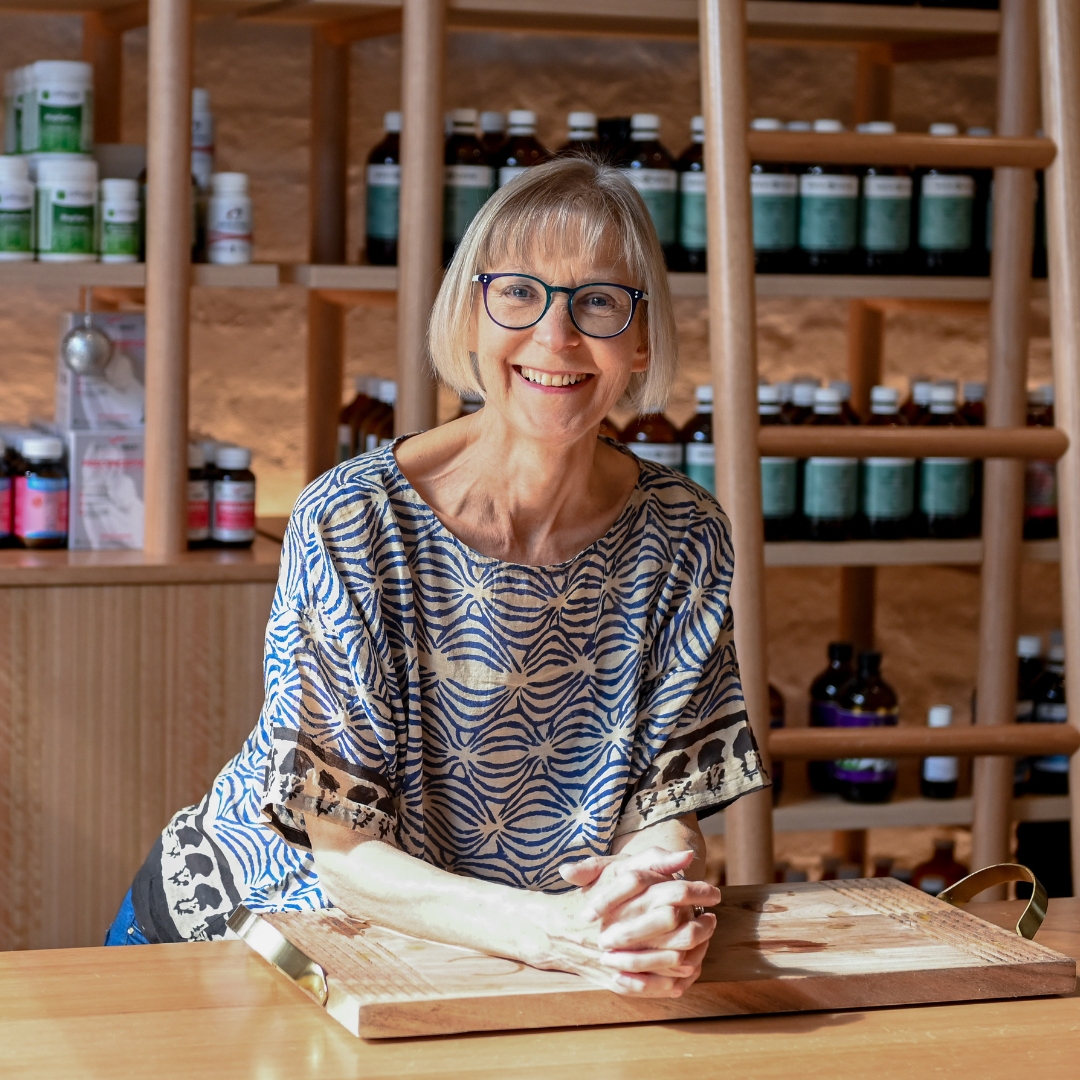
Naturopathy and IVF – It is now well researched and well understood that changes in diet, lifestyle and nutritional repletion can all benefit IVF outcomes and have an impact on egg and sperm health, hormonal health, detoxification pathways and metabolism. But where do you start?
Expert fertility naturopaths at Fertile Ground Health Group look at all these elements for you and support you as an individual to make any changes needed. With your very specific health history, fertility history and genetic make-up in mind, our naturopaths pull all the pieces of the puzzle together to help you understand exactly what is required to give you the best chances of a successful outcome. This includes recommendations and support around avoiding environmental and reproductive toxins, a healthy fertility diet, suitable exercise and stress management.
Establishing your specific nutritional needs and exploring any nutritional deficiencies or hormone imbalances with blood tests will be part of the overall approach in collaboration with your medical team. Herbal medicine can be a powerful adjunct in some cases where appropriate too, especially if you have experienced poor outcomes with IVF.
We recommend starting naturopathy assessment and treatment as many as three to four cycles prior to starting fertility treatment. This is based on the time it takes for your eggs to develop and mature – around 100 days from when they begin their growth towards ovulation. During this period of time, preconception naturopathic health care will support optimal egg development helping them to mature towards healthy eggs. Over the three to four months prior to ovulation or egg collection, your developing follicles and maturing eggs are vulnerable to damage, creating interruptions to normal, healthy development and even chromosomal abnormalities. The eggs are significantly influenced by their environment and their genetic development is profoundly altered by outside influences.
Your treatment recommendations and naturopathic prescription will be directed towards your own particular needs and your own health history and challenges.
Even if you have less time prior to an IVF cycle and 3-4 months preparation is not possible for you, it is better to start where you are and begin making the changes recommended by our naturopaths. The sooner you make a start, the more you will increase your chances of a positive outcome and healthy pregnancy. The benefits are cumulative too – working to improve outcomes with each cycle. However if this treatment cycle is unsuccessful, we will likely see improvements in following cycles which can feel positive and empowering, rather than just sad that it didn’t work out this time and feeling negatively affected.
For male partners and donors, the time frame is a similar three-month period for naturopathy and IVF, as the sperm has approximately a 72+ day cycle for spermatogenesis. Sperm are very fragile during this time of production and storage in the testes. They are especially vulnerable to oxidative and heat damage. We consider your male partner or donors health history, their semen analysis and any blood tests available to assess best treatment to support and protect their developing sperm.
Male fertility is declining at such a rapid rate that it is now an issue for up to 50% of couples experiencing infertility or sub-fertility. 30% of issues are male factor and then another 20% combined male and female factor issues. Infertility is not just a female issue. www.racgp.org.au/afp/2017/september/male-infertility
Our practitioners at Fertile Ground have been working alongside IVF specialists with a well-regarded collaborative approach for naturopathy and IVF since we first opened our doors in 2001. Over this time, research has come a long way to support many of the things we have always recommended and we now see many IVF specialists making these same recommendations to support egg and sperm quality and an optimal reproductive environment for a healthy conception and pregnancy. Many IVF specialists from clinics in Melbourne and around Australia refer to us for both in person and Telehealth consults, especially to help support patients that are not responding to IVF – premature ovarian insufficiency, low egg or sperm numbers or poor quality or women with PCOS or endometriosis. Increasingly they are referring patients early, as they can see that it makes a difference to improving outcomes in gamete and embryo quality, time to conception and healthier pregnancies when these approaches are adopted early. We can also refer you to IVF specialists who we work well with and know will be supportive of this approach.
If you are interested to learn more about how our fertility naturopaths can help you boost your egg and sperm quality and optimse your IVF outcomes, book in a free 10-minute chat or get started with a 75-minute initial individual fertility consult or a 90-minute initial couples consult.
More info on Naturopathy and IVF: www.fertileground.com.au/service/fertility-naturopath-melbourne
There are multiple double blind studies, meta analysis and reviews on the impact of environmental toxins and reproductive health, nutrition and diet, individual nutrients, weight management and blood sugar control, chronic stress, sleep and IVF outcomes. All of these areas are covered in the holistic approach of naturopathy and you will be guided through it all in your consultations.
A Review published in Nutrigenomics in 2022 tells us that there is a key role for diet and a personalised nutritional approach for female infertility and those undergoing IVF and ART. Researchers suggest that environmental factors and nutrition have an impact in IVF outcomes. They confirm our approach with our fertility and IVF patient group over the past 22 years at Fertile Ground – a personalised approach can affect genomic, epigenetic and microbiome impacting reproductive health outcomes.
A Review in Environmental Research in 2020 confirms that sub-fertile couples exhibit higher Endocrine disrupting chemicals. It highlights exposure to phthalates, PCBs, organochloride pesticides affecting fertility and pregnancy rates.
A Review in Environmental Sciences Europe in 2022 is one in a long line of reviews assessing the latest in Environmental factors and fertility. This one looks at environmental, semen quality and male fertility. They conclude that there are several modifiable environmental factors that have a big role in the reducing male fertility rates impacting total sperm count, motility, viability, sperm morphology and DNA fragmentation.
Kumar and Singh, 2022, “Environmental Sciences Europe”

Gina is highly skilled in providing naturopathic care for women’s health issues, pre-conception health, infertility, IVF support, pregnancy care and through menopause. She treats a wide range of issues including recurrent miscarriage, thyroid, auto-immune antibodies and she has seen good results working with men to improve sperm quality. She also enjoys the post birth appointments with mother and baby, maximizing wellness for the whole family and educating parents on how to manage many common childhood illnesses. Her professional approach involves working in collaboration with doctors and specialists to create an effective co-ordinated treatment.